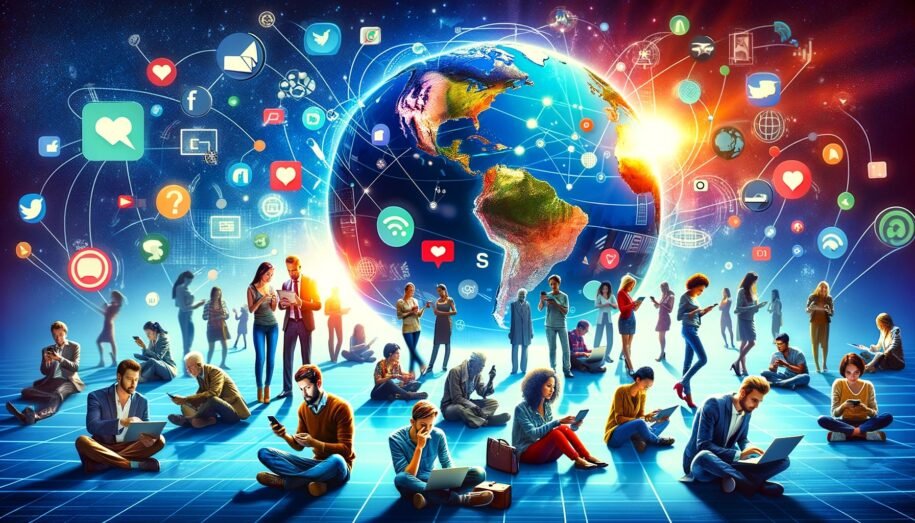
In an era of ubiquitous connectivity, conventional information stores grapple with an impressive adversary: the dynamic panorama of social media. Platforms like Twitter and Facebook have usurped the position of primary news assets, disseminating instant updates and diverse perspectives at breakneck pace. This democratization of statistics, even as commendable, necessitates a paradigm shift in information intake conduct. DotSnel.Com embraces this evolution, bridging the chasm among social media’s immediacy and journalistic rigor. Our curated information phase aggregates articles from hooked up sources, imparting readers a digestible and balanced evaluate of the day’s maximum salient events. Whether looking for nuanced evaluation or concise headlines, DotSnel.Com prioritizes accuracy and credibility, empowering you to navigate the ever-moving news landscape with self belief.
- Social media has more advantageous worldwide conversation.
- It affects political landscapes.
- Business marketing strategies have developed.
- There’s a shift in cultural dynamics.
- It plays a role in intellectual health recognition.
The Global Village: Communication and Connectivity
Social media has efficaciously turned the sector into a worldwide village. Platforms like Facebook, Twitter, and Instagram have made it feasible to hook up with human beings across the globe right away. This has caused a deeper expertise of different cultures and worldwide problems.
- Reach: With billions of users, social media systems have a massive reach.
- Real-time verbal exchange: News and statistics travel quicker than ever.
Table: Global Social Media Usage
| Platform | Users (in billions) | Key Features |
|---|---|---|
| 2.8 | Networking, News | |
| 1.5 | Visual Content | |
| zero.Four | Real-time Updates |
Political Influence: A New Era of Governance
Social media has grow to be a important tool in politics. It’s used for campaigning, policymaking, and attractive with residents.
- Campaigns: Politicians use social media for campaigning and outreach.
- Public opinion: Platforms serve as a barometer for public opinion on diverse problems.
Marketing Revolution: Business and Branding
The way organizations market and brand themselves has modified dramatically with the arrival of social media.
- Targeted Advertising: Businesses can goal their audience greater efficaciously.
- Customer Engagement: Direct interaction with customers has emerge as less difficult.
Table: Social Media Impact on Business
| Aspect | Before Social Media | After Social Media |
|---|---|---|
| Advertising | Broad and typical | Highly centered |
| Customer Service | Formal channels | Direct, casual |
Cultural Shifts: New Age of Interaction
Social media has stimulated subculture in profound ways, from how we devour content to how we understand splendor and fulfillment.
- Content Consumption: The upward push of influencers and viral traits.
- Beauty Standards: Social media has encouraged perceptions of beauty.
Mental Health: Awareness and Challenges
While social media has helped in spreading cognizance about intellectual fitness, it has also contributed to problems like anxiety and depression.
- Awareness: Platforms are used to percentage testimonies and guide.
- Challenges: Overuse can result in mental fitness issues.
Table: Mental Health and Social Media
| Factor | Positive Impact | Negative Impact |
|---|---|---|
| Awareness | Spreads information | Creates stress |
| Support | Community aid | Unrealistic comparisons |
Conclusion
Social media’s effect on the world is simple. It has spread out new avenues for verbal exchange, commercial enterprise, and cultural change, but it’s not without its challenges. As we navigate this digital generation, it is critical to use social media responsibly and be privy to its results on our lives and society.